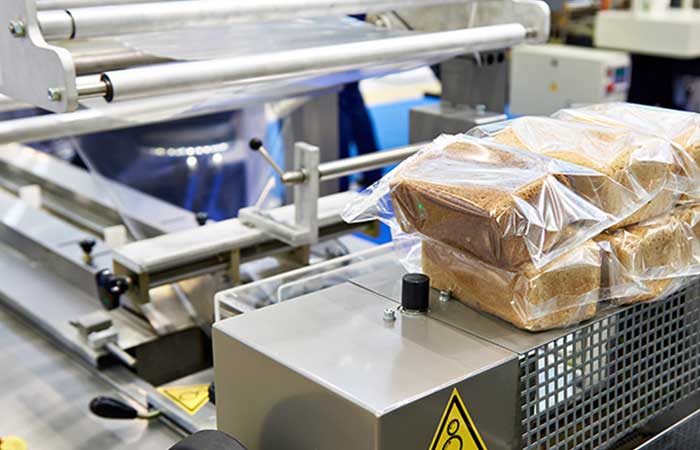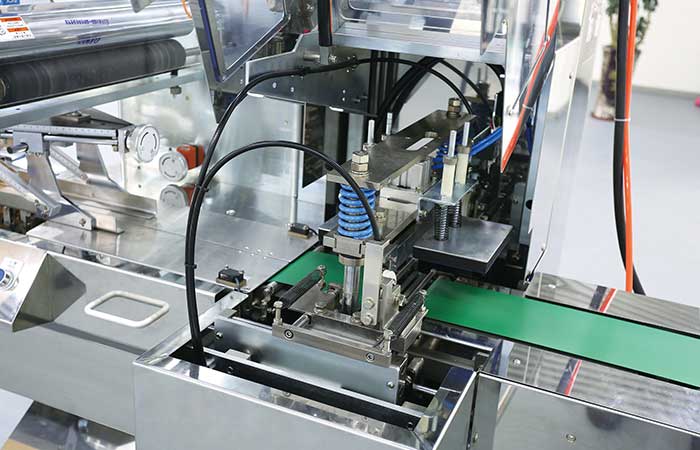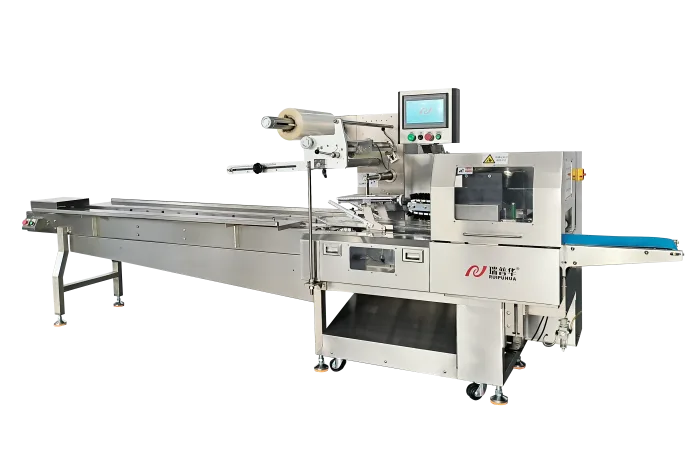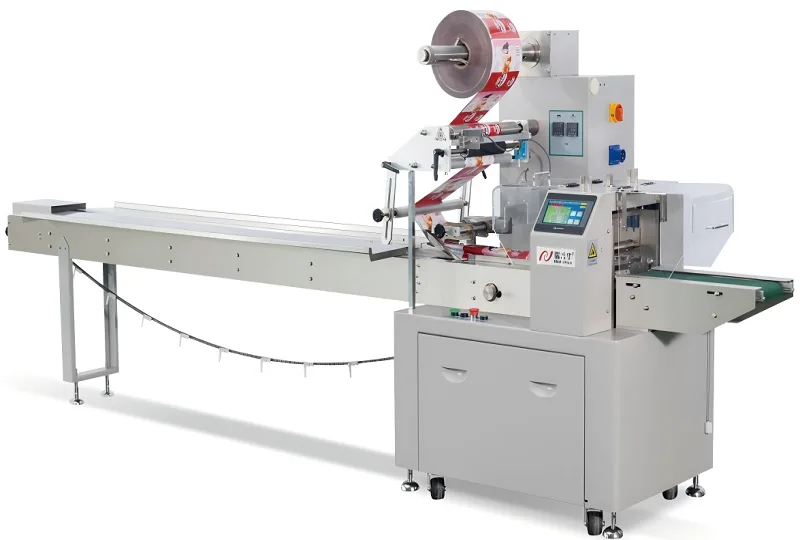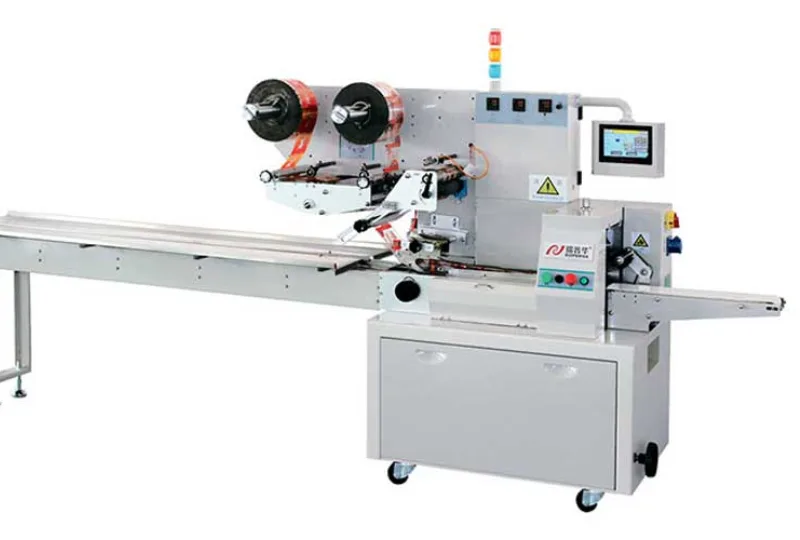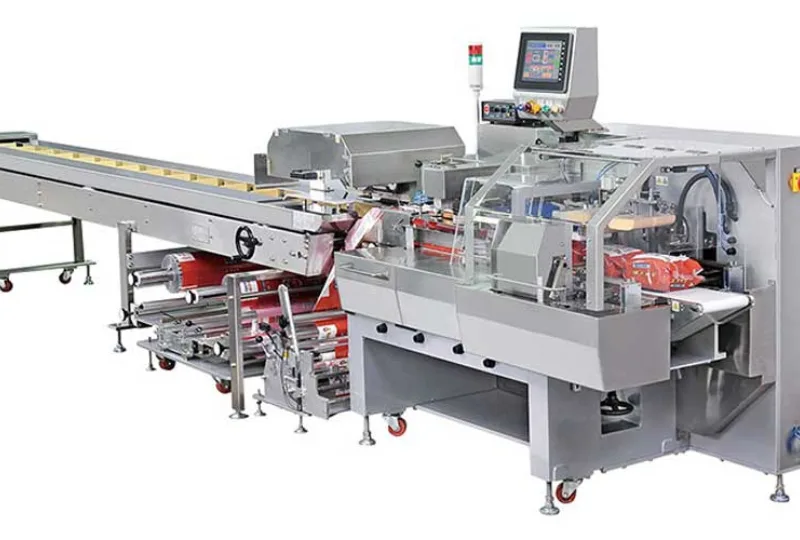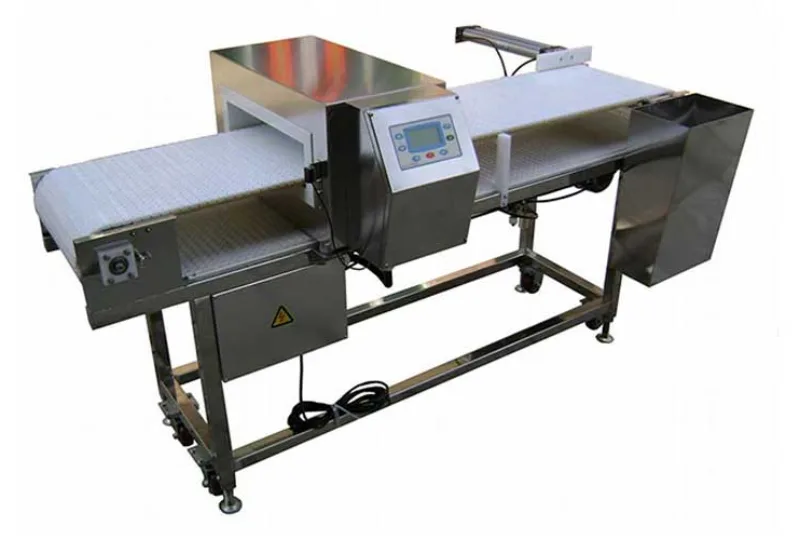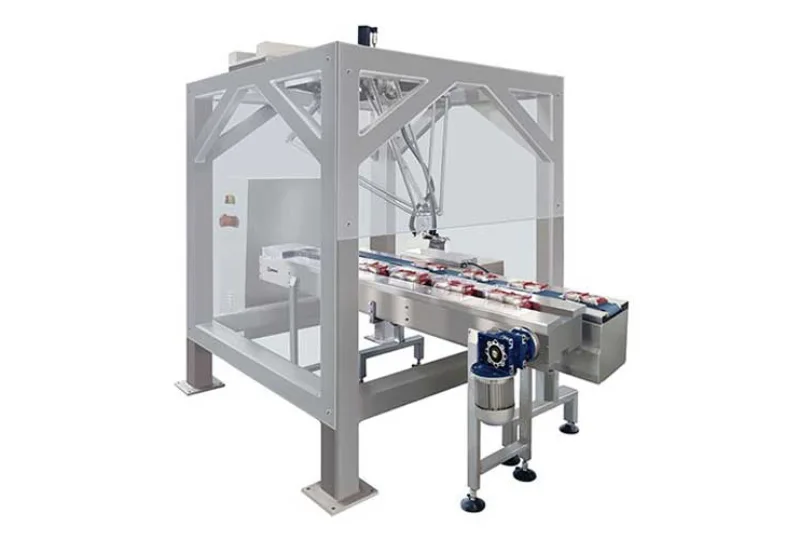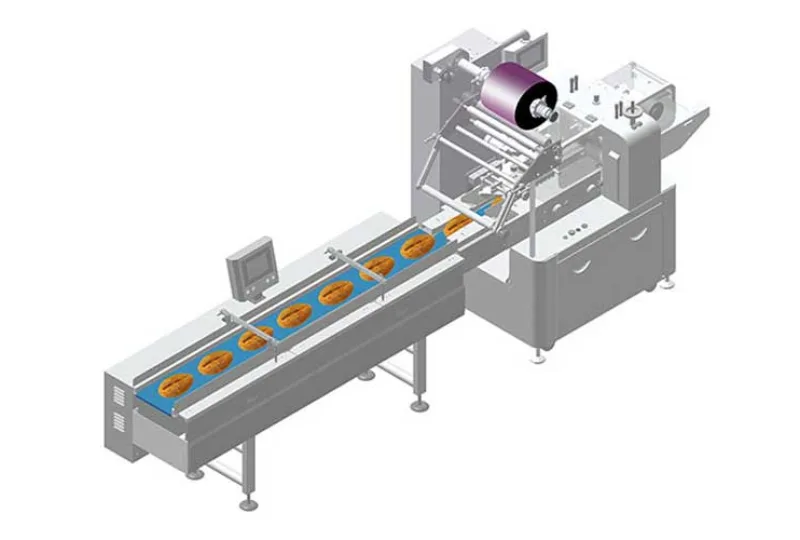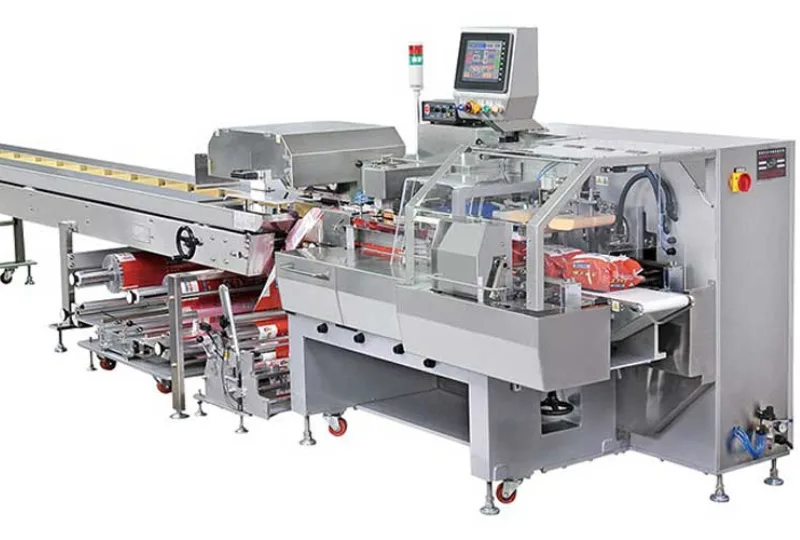The Art of Perfecting Chocolate Bar Flow Wrapping Systems
Posted on September 18, 2021
Introduction
Flow wrapping chocolate bars is an essential process in the confectionery industry. The efficiency of this packaging method can have a significant impact on production output and product quality. In this blog post, we explore the key elements of optimizing chocolate bar flow wrapping systems for enhanced efficiency and effectiveness.
Automation in Flow Wrapping
One of the critical aspects of a successful chocolate bar flow wrapping system is automation. Automated systems can significantly increase production speed and consistency. By utilizing automated feeding, wrapping, and sealing processes, manufacturers can reduce downtime and minimize human errors.
Material Selection
The choice of packaging material plays a crucial role in the quality and presentation of chocolate bars. Opting for high-quality wrapping materials that provide excellent barrier properties can help extend the shelf life of the product and preserve its freshness. Additionally, ensuring the compatibility of the material with the flow wrapping machinery is essential to prevent jams and wastage.
Optimizing Machine Settings
Fine-tuning the machine settings is key to achieving optimal flow wrapping results. Parameters such as speed, temperature, and pressure need to be adjusted based on the specific requirements of the chocolate bars being packaged. By conducting regular maintenance and calibration checks, manufacturers can ensure consistent product quality and efficiency.
Wrapping System Integration
Integrating the flow wrapping system seamlessly into the overall production line is crucial for maximizing efficiency. By synchronizing the flow wrapper with upstream and downstream equipment, manufacturers can minimize bottlenecks and streamline the packaging process. This integration also enables real-time monitoring and data collection for performance analysis and optimization.
Conclusion
In conclusion, optimizing chocolate bar flow wrapping systems requires a holistic approach that encompasses automation, material selection, machine settings, and system integration. By implementing best practices and continuous improvement strategies, manufacturers can enhance efficiency, reduce waste, and deliver high-quality packaged products to consumers.



